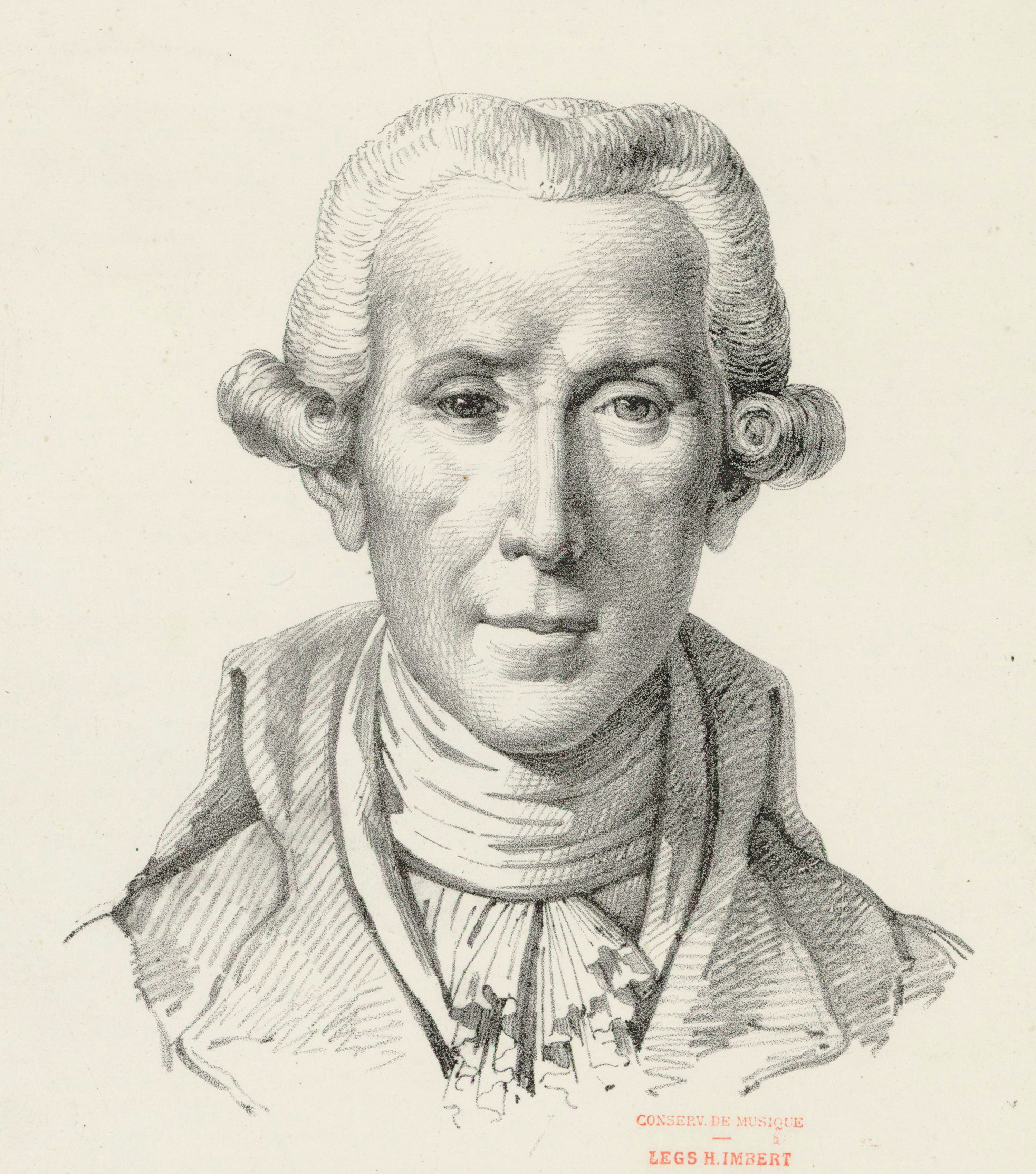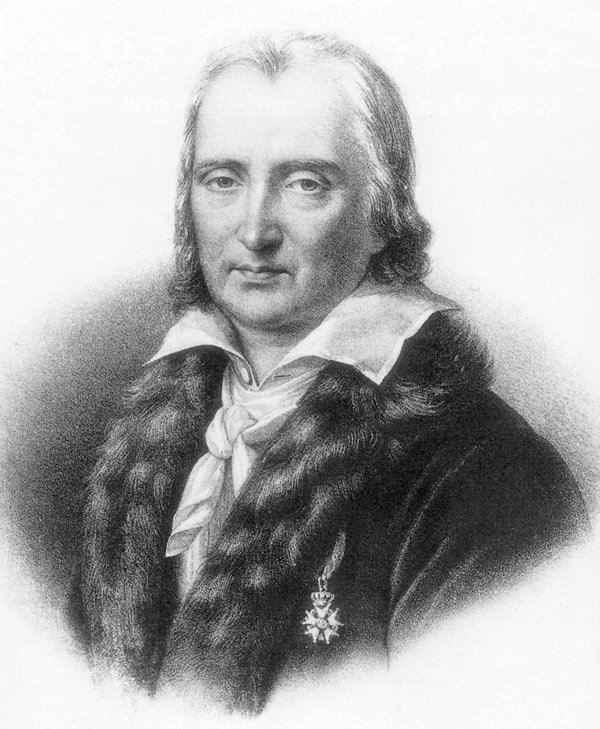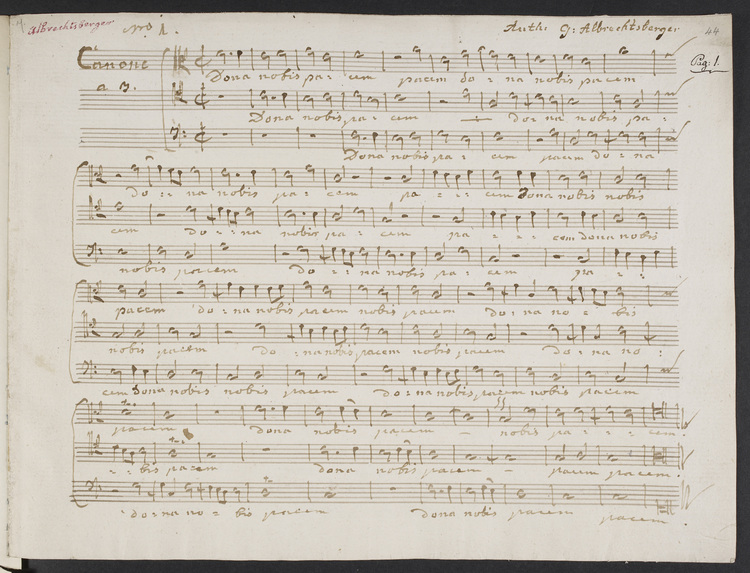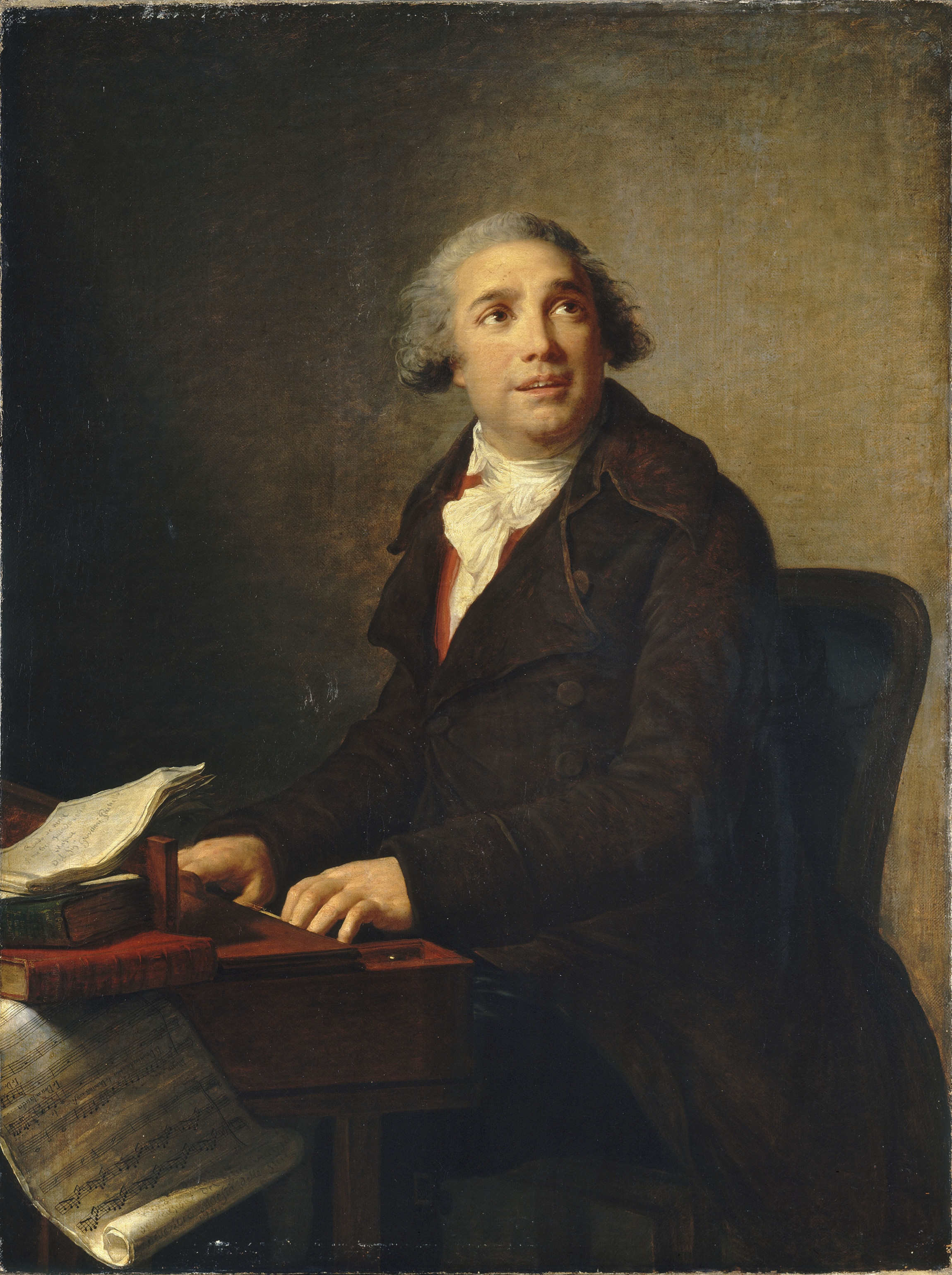|
1769 In Music
Events *Luigi Boccherini goes to Madrid as the court chamber music composer to the Infante Don Luis. *Wenzel Pichl becomes musical director for Count Ludwig Hartig in Prague *Charles Burney receives an honorary doctorate in music from the University of Oxford. * Antonio Maria Gaspare Sacchini arrives in Venice. *James Hook is appointed composer to Marylebone Gardens. *December – 13-year-old Mozart embarks on a tour of Italy with his father, beginning in Verona. In Rome he hears Allegri's ''Miserere'' for the first time, returns home and copies it down note for note. Opera * Jean-François Cailhava – '' Les Etrenes de l'amour'' *Christoph Willibald von Gluck – ''Le feste d'Apollo'' *André Grétry **'' Lucile'' **''Le tableau parlant'' *Pierre-Alexandre Monsigny – '' Le déserteur'' *Wolfgang Amadeus Mozart – ''La finta semplice'' *Josef Mysliveček – ''Demofoonte'' *Giovanni Paisiello **''L’arabo cortese'', R.1.22 **''Don Chisciotte della Mancia'', R.1.21 *Ni ... [...More Info...] [...Related Items...] OR: [Wikipedia] [Google] [Baidu] |
Luigi Boccherini
Ridolfo Luigi Boccherini (, also , ; 19 February 1743 – 28 May 1805) was an Italian composer and cellist of the Classical era whose music retained a courtly and ''galante'' style even while he matured somewhat apart from the major European musical centers. He is best known for a minuet from his String Quintet in E, Op. 11, No. 5 ( G 275), and the Cello Concerto in B flat major (G 482). The latter work was long known in the heavily altered version by German cellist and prolific arranger Friedrich Grützmacher, but has recently been restored to its original version. Boccherini's output also includes several guitar quintets. The final movement of the Guitar Quintet No. 4 in D (G 448) is a fandango, a lively Spanish dance. Biography Boccherini was born into a musical family in Lucca, Italy in 1743. He was the third child of Leopoldo Boccherini, a cellist and double-bass player, and the brother of Giovanni Gastone Boccherini, a poet and dancer who wrote librettos for Antonio ... [...More Info...] [...Related Items...] OR: [Wikipedia] [Google] [Baidu] |
André Grétry
André Ernest Modeste Grétry (; baptised 11 February 1741; died 24 September 1813) was a composer from the Prince-Bishopric of Liège (present-day Belgium), who worked from 1767 onwards in France and took French nationality. He is most famous for his '' opéras comiques''. Biography He was born at Liège, his father being a poor musician. He was a choirboy at the church of St. Denis (Liège). In 1753 he became a pupil of Jean-Pantaléon Leclerc and later of the organist at St-Pierre de Liège, Nicolas Rennekin, for keyboard and composition and of Henri Moreau, music master at the collegiate church of St. Paul. But of greater importance was the practical tuition he received by attending the performance of an Italian opera company. Here he heard the operas of Baldassarre Galuppi, Giovanni Battista Pergolesi, and other masters; and the desire of completing his own studies in Italy was the immediate result. To find the necessary means he composed in 1759 a mass which he dedicat ... [...More Info...] [...Related Items...] OR: [Wikipedia] [Google] [Baidu] |
Carl Philipp Emmanuel Bach
Carl Philipp Emanuel Bach (8 March 1714 – 14 December 1788), also formerly spelled Karl Philipp Emmanuel Bach, and commonly abbreviated C. P. E. Bach, was a German Classical period musician and composer, the fifth child and second surviving son of Johann Sebastian Bach and Maria Barbara Bach. C. P. E. Bach was an influential composer working at a time of transition between his father's Baroque style and the Classical style that followed it. His personal approach, an expressive and often turbulent one known as ' or 'sensitive style', applied the principles of rhetoric and drama to musical structures. His dynamism stands in deliberate contrast to the more mannered galant style also then in vogue. To distinguish him from his brother Johann Christian, the "London Bach", who at this time was music master to Queen Charlotte of Great Britain, C. P. E. Bach was known as the "Berlin Bach" during his residence in that city, and later as the "Hamburg Bach" when he succ ... [...More Info...] [...Related Items...] OR: [Wikipedia] [Google] [Baidu] |
Charles Avison
Charles Avison (; 16 February 1709 (baptised)9 or 10 May 1770) was an English composer during the Baroque and Classical periods. He was a church organist at St John The Baptist Church in Newcastle and at St. Nicholas's Church (later Newcastle Cathedral). He is most known for his ''12 Concerti Grossi after Scarlatti'' and his ''Essay on Musical Expression'', the first music criticism published in English. He composed in a transitional style that alternated between Baroque and Classical idioms. Life The son of Richard and Anne Avison, Charles Avison was baptised on 16 February 1709, at St John the Baptist Church, in Newcastle. According to '' The New Grove Dictionary'', he was also born in this city. His educational history, though unclear, could have been at one of the two charity schools serving St John's parish. Some sources claim that Charles was the fifth of nine children, while others claim that he was the seventh of ten children. Regardless, Avison was born into a fami ... [...More Info...] [...Related Items...] OR: [Wikipedia] [Google] [Baidu] |
Johann Albrechtsberger
Johann Georg Albrechtsberger (3 February 1736 – 7 March 1809) was an Austrian composer, organist, and music theorist, and one of the teachers of Ludwig van Beethoven. He was a friend of Haydn and Mozart. Biography Albrechtsberger was born at Klosterneuburg, near Vienna. He originally studied music at Melk Abbey and philosophy at a Benedictine seminary in Vienna, and became one of the most learned and skilful contrapuntists of his age. Albrechtsberger's earliest classmates included Michael Haydn and Franz Joseph Aumann. After being employed as organist at Raab in 1755 and Maria Taferl in 1757, he was appointed Thurnermeister back at Melk Abbey. In 1772 he was appointed organist to the court of Vienna, and in 1792 Kapellmeister of St. Stephen's Cathedral. His fame as a theorist attracted to him in the Austrian capital a large number of pupils, some of whom afterwards became eminent musicians. Among these were Johann Nepomuk Hummel, Ignaz Moscheles, Josef Weigl, Ludwig-Wilhelm Te ... [...More Info...] [...Related Items...] OR: [Wikipedia] [Google] [Baidu] |
Carl Friedrich Abel
Carl Friedrich Abel (22 December 1723 – 20 June 1787) was a German composer of the Classical era. He was a renowned player of the viola da gamba, and produced significant compositions for that instrument. Life Abel was born in Köthen, a small German city, where his father, Christian Ferdinand Abel, had worked for years as the principal viola da gamba and cello player in the court orchestra. In 1723 Abel senior became director of the orchestra, when the previous director, Johann Sebastian Bach, moved to Leipzig. The young Abel later boarded at St. Thomas School, Leipzig, where he was taught by Bach. On Bach's recommendation in 1743 he was able to join Johann Adolph Hasse's court orchestra at Dresden, where he remained for fifteen years. In 1759 (or 1758 according to ''Chambers''), he went to England and became chamber-musician to Queen Charlotte, in 1764. He gave a concert of his own compositions in London, performing on various instruments, one of which was a five-str ... [...More Info...] [...Related Items...] OR: [Wikipedia] [Google] [Baidu] |
Niccolò Piccinni
Niccolò Piccinni (; 16 January 1728 – 7 May 1800) was an Italian composer of symphonies, sacred music, chamber music, and opera. Although he is somewhat obscure today, Piccinni was one of the most popular composers of opera—particularly the Neapolitan opera buffa—of the Classical period. Life Piccinni was born in Bari, in the Apulia region. From the age of fourteen, he was educated at the S. Onofrio Conservatory by Leonardo Leo and Francesco Durante,. thanks to the intervention of the Bishop of Bari (his father, although himself a musician, was opposed to his son following the same career). Piccinni's first opera, ''Le donne dispettose'', was produced in 1755 with the patronage of Prince Vintimille. In 1760 he composed, at Rome, the ''chef d'œuvre'' of his early life, '' La Cecchina, ossia la buona Figliuola'', an ''opera buffa'' with a libretto by Goldoni, which "enjoyed a two-year run in Rome and was played in all the important European capitals. It can probably ... [...More Info...] [...Related Items...] OR: [Wikipedia] [Google] [Baidu] |
Giovanni Paisiello
Giovanni Paisiello (or Paesiello; 9 May 1740 – 5 June 1816) was an Italian composer of the Classical era, and was the most popular opera composer of the late 1700s. His operatic style influenced Mozart and Rossini. Life Paisiello was born in Taranto in the Apulia region and educated by the Jesuits there. He became known for his beautiful singing voice and in 1754 was sent to the Conservatorio di S. Onofrio at Naples, where he studied under Francesco Durante, and eventually became assistant master. For the theatre of the Conservatorio, which he left in 1763, he wrote some intermezzi, one of which attracted so much notice that he was invited to write two operas, ''La Pupilla'' and ''Il Mondo al Rovescio'', for Bologna, and a third, ''Il Marchese di Tidipano'', for Rome. His reputation now firmly established, he settled for some years at Naples, where, despite the popularity of Niccolò Piccinni, Domenico Cimarosa and Pietro Guglielmi, of whose triumphs he was bitterly jealous, h ... [...More Info...] [...Related Items...] OR: [Wikipedia] [Google] [Baidu] |
Demofoonte (Mysliveček, 1769)
''Demofoonte'' is an opera in three acts by the Czech composer Josef Mysliveček. It was the composer's first setting of this popular libretto by Metastasio first produced in 1733 (it was common in the second half of the eighteenth century for composers to set Metastasian texts two or more times over). This setting stays remarkably close to the original drama for its day (it was customary to alter Metastasian texts considerably so long after their original performances), but the role of Timante was augmented in order to highlight the talents of its interpreter, the distinguished male soprano Gaetano Guadagni. All of Mysliveček's operas are of the serious type in Italian referred to as opera seria. Performance history The opera was first performed at the Teatro San Benedetto in Venice on 17 January 1769. It was very successful when it appeared. Indeed, the composer's first biographer, František Martin Pelcl, claimed that Venetian nobles stood in line outside of the theater to app ... [...More Info...] [...Related Items...] OR: [Wikipedia] [Google] [Baidu] |
Josef Mysliveček
Josef Mysliveček (9 March 1737 – 4 February 1781) was a Czech composer who contributed to the formation of late eighteenth-century classicism in music. Mysliveček provided his younger friend Wolfgang Amadeus Mozart with significant compositional models in the genres of symphony, Italian serious opera, and violin concerto; both Wolfgang and his father Leopold Mozart considered him an intimate friend from the time of their first meetings in Bologna in 1770 until he betrayed their trust over the promise of an operatic commission for Wolfgang to be arranged with the management of the Teatro San Carlo in Naples. His closeness to the Mozart family resulted in frequent references to him in the Mozart correspondence. Biography Mysliveček was born in Prague, one of twin sons of a prosperous mill owner, and studied philosophy at Charles-Ferdinand University before following in the footsteps of his father. No documentation exists to support claims that he was actually born in H ... [...More Info...] [...Related Items...] OR: [Wikipedia] [Google] [Baidu] |
La Finta Semplice
''La finta semplice'' (''The Fake Innocent''), K. 51 (46a) is an opera buffa in three acts for seven voices and orchestra, composed in 1768 by then 12-year-old Wolfgang Amadeus Mozart. Young Mozart and his father Leopold were spending the year in Vienna, where Leopold was trying to establish his son as an opera composer. He was acting on a suggested request from the Emperor Joseph II that the young boy should write an opera. Leopold chose an Italian libretto by the Vienna court poet Marco Coltellini, which was based on an early work by Carlo Goldoni. During rehearsals, the opera was the victim of intrigues from competing composers claiming that the work was not from the 12-year-old boy, but from his father. Threatened with a sabotaged first night by the impresario Giuseppe Affligio, Leopold prudently decided to withdraw. The opera was never staged in Vienna. It was probably performed the following year in Salzburg at the request of the Prince-Archbishop. Mozart produced a full sc ... [...More Info...] [...Related Items...] OR: [Wikipedia] [Google] [Baidu] |




